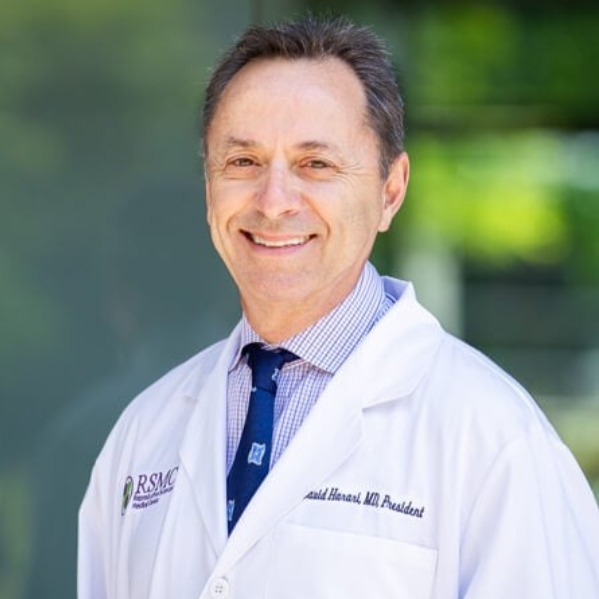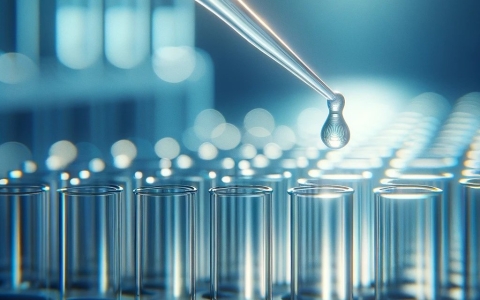Is Using Egg Banks Really Better Than Fresh Eggs for IVF?

For older women with low ovarian reserve or couples struggling with infertility, egg donation or surrogacy might be the path to realizing their dream of having a child. Many opt for egg banks in the US due to legal restrictions on commercial egg donation in Asian countries. Even where permitted, as in Taiwan, prospective parents may not have access to the donor's physical appearance or background information. In contrast, in the US, not only can donors' childhood and adult photos be viewed, but detailed personal information and even the health status of their relatives are available, facilitating informed decision-making for prospective parents.
Further Reading: Why Should You Choose IVF with Donor Eggs in America ?
There is No Difference in Success Rates Between Egg Banks and Fresh Eggs
Many prospective parents hold onto the belief that "fresh is best." However, according to clinical data, there is little to no difference in fertilization rates, formation of good quality embryos, and ultimate pregnancy rates between fresh and frozen eggs. This is because the most advanced vitrification technique is currently used in the US, which involves dehydration and rapid cooling of embryos, effectively reducing the formation of ice crystals within cells during freezing and significantly improving the survival rate of eggs after thawing. Eggs are rapidly frozen in liquid nitrogen at -196°C after vitrification, preserving their quality instantly. As a result, the egg survival rate after thawing can be as high as over 95%. Currently, the average pregnancy rate for egg donation IVF at RSMC is over 87%.
Advantages of Egg Banks
The advantages of egg banks far outweigh those of fresh eggs. Fresh eggs often come with uncertainties, such as waiting for a donor to donate eggs, coordinating with her menstrual cycle and personal schedule, and the possibility of cancellation if there are insufficient predicted follicles before egg donation, or if the donor changes her mind. Therefore, although RSMC maintains a list of potential fresh egg donors, the majority of eggs (up to hundreds from Caucasian or Asian donors) are already frozen. These eggs come from donors from various countries in Europe, America, and Asia, including highly sought-after donors from Asian countries such as the United States, Japan, Taiwan, and Ukraine. Donors of all blood types are also plentiful, and the number of eggs in stock and the fees are clearly visible on the egg bank's website.
Further Reading: Can Test Tubes Determine the Blood Type of Embryos? Should Egg Donors Match the Wife's Blood Type?
Is More Eggs Always Better?
This is perhaps the most common misconception among prospective parents. Many clients express a preference for fresh eggs, believing they can secure more eggs by selecting a donor for egg retrieval. However, the number of eggs retrieved by the donor does not necessarily equate to the number of viable eggs available for use. According to our clinical data, to achieve a healthy pregnancy, assuming the male partner's sperm quality is adequate, around 12 eggs are usually sufficient. If the male partner's sperm quality is poor, or if there are factors such as advanced maternal age or a desire for gender selection, we might recommend aiming for around 18 eggs. Typically, there are surplus embryos after fertilization and implantation, so it's unnecessary to fixate solely on the number of eggs. Furthermore, even if you secure all the eggs from a fresh egg donor, the outcome of the egg retrieval process may be unpredictable, akin to a box of surprises with potential gains and losses. Ultimately, having an excessive number of eggs may not be beneficial. Therefore, why not opt for peace of mind and choose high-quality frozen eggs that meet your needs?
Further Reading: Is Having More Eggs Always Better? The Advantages of RSMC Elite Egg Bank
Elite Egg Bank at RSMC – Immediate Matching, No Waiting
RSMC Reproductive Medicine Center in the United States has its own egg bank, where recruitment, screening, and management of egg donors are overseen by professional physicians. Ranked among the top three egg banks nationwide, nearly 40 hospitals and clinics across the United States purchase eggs from us. Our egg donors undergo rigorous fertility assessments, genetic screenings, psychological evaluations, and IQ tests. Additionally, they receive legal assistance in relinquishing parental rights. Our genetic testing covers over 202 conditions, far exceeding FDA standards, because we believe in maintaining high quality and standards to responsibly serve prospective parents eager to conceive.
From recruiting egg donors to matching services, all procedures are handled by our dedicated staff, ensuring the highest pregnancy rates for our eggs through advanced freezing techniques and equipment. We also prioritize the well-being of our altruistic egg donors, providing comprehensive care from pre-assessment to post-donation support, in line with medical professionalism, to ensure their comfort throughout the process.
For further consultation or to schedule a free consultation with our US-based director, please contact us via Line / WeChat: rsmctw, or add us on WhatsApp: +1 858-342-6046.

DR. DAVID HARARI
RSMC DIRECTOR AND MEDICAL GROUP PRESIDENT
Dr. Harari earned his medical doctorate from the University of Georgia Medical Center, completed his internship at Georgia State Medical College, and subsequently finished his residency at Mercy Hospital Medical Center. With over 30 years of clinical experience, he currently serves as the President of the San Diego Obstetrics and Gynecology Association, boasting over 400 professional OB-GYN members. Dr. Harari respects each patient's individual preferences during the treatment process, providing them with the most professional treatment guidelines and working collaboratively to help them achieve their goals. He believes in the importance of open communication between the doctor and patient, willingly sharing his past medical experiences and offering the most professional medical advice.
About Dr. David Harari
Other
-
2025/06/30eggrecipient
Why Is Carrier Genetic Testing Required Before Purchasing Donor Eggs?
-
2024/07/05eggrecipient
Are the Identities of Egg Donors Genuine? How Is This Guaranteed?



